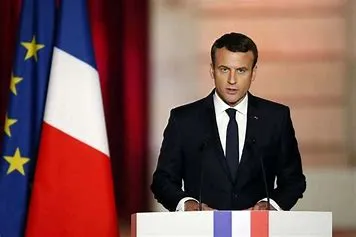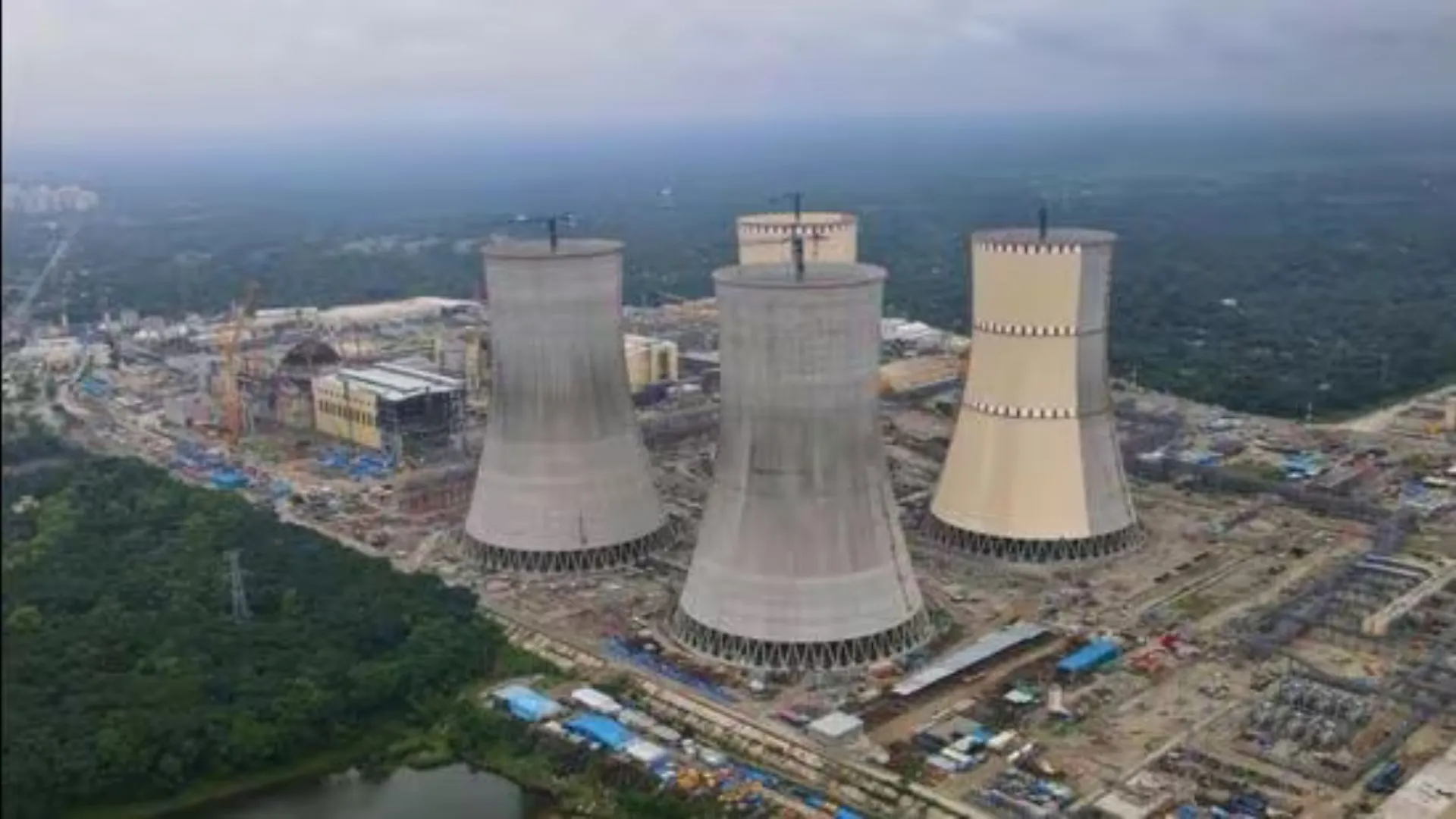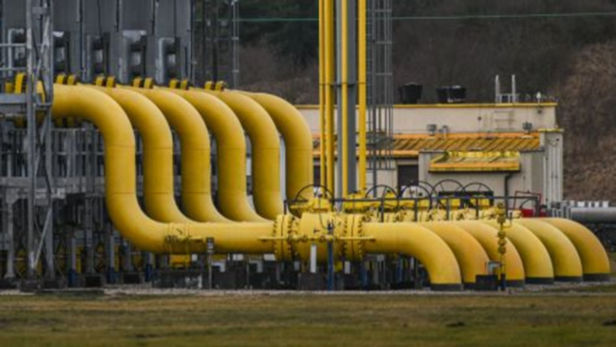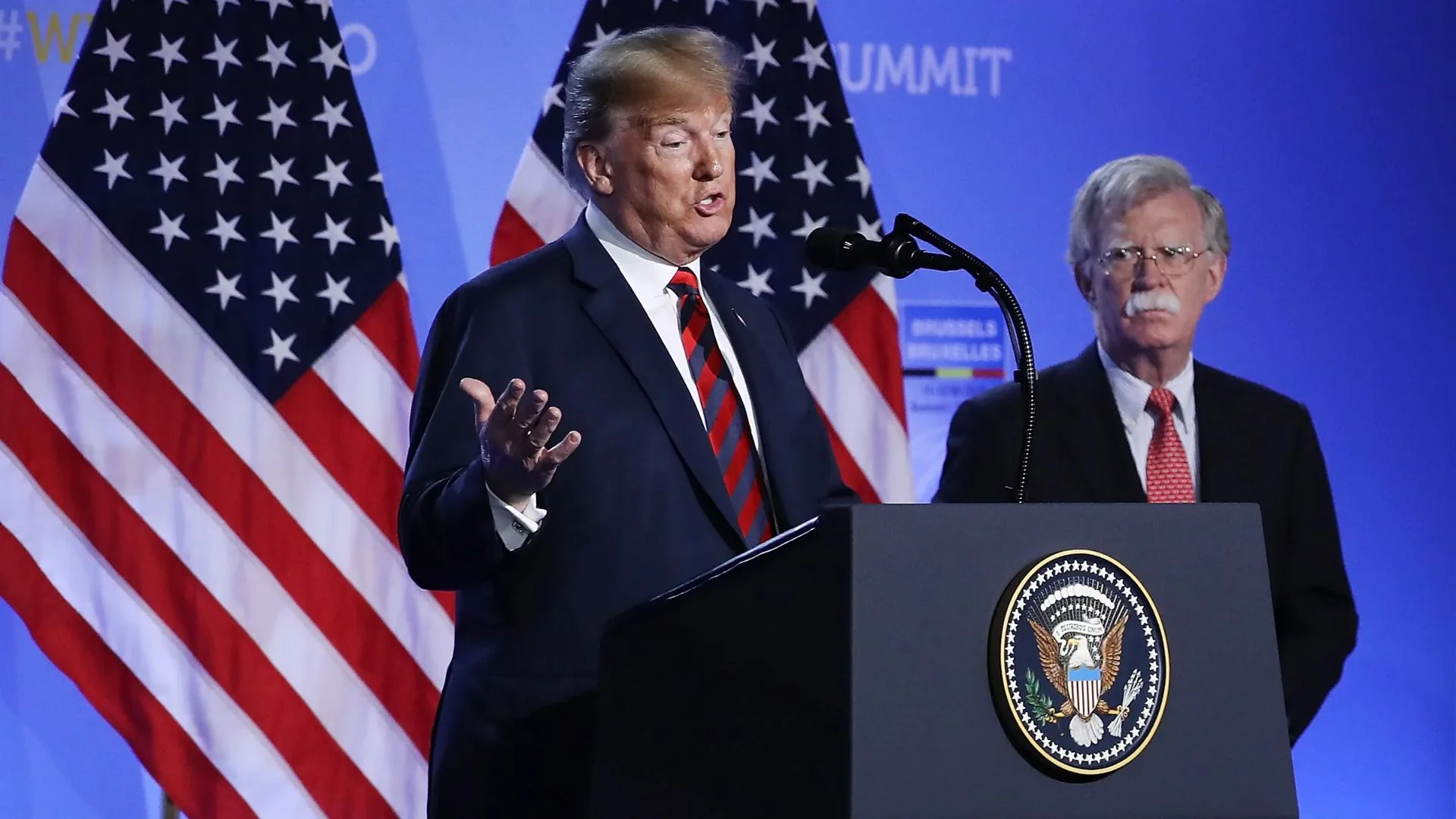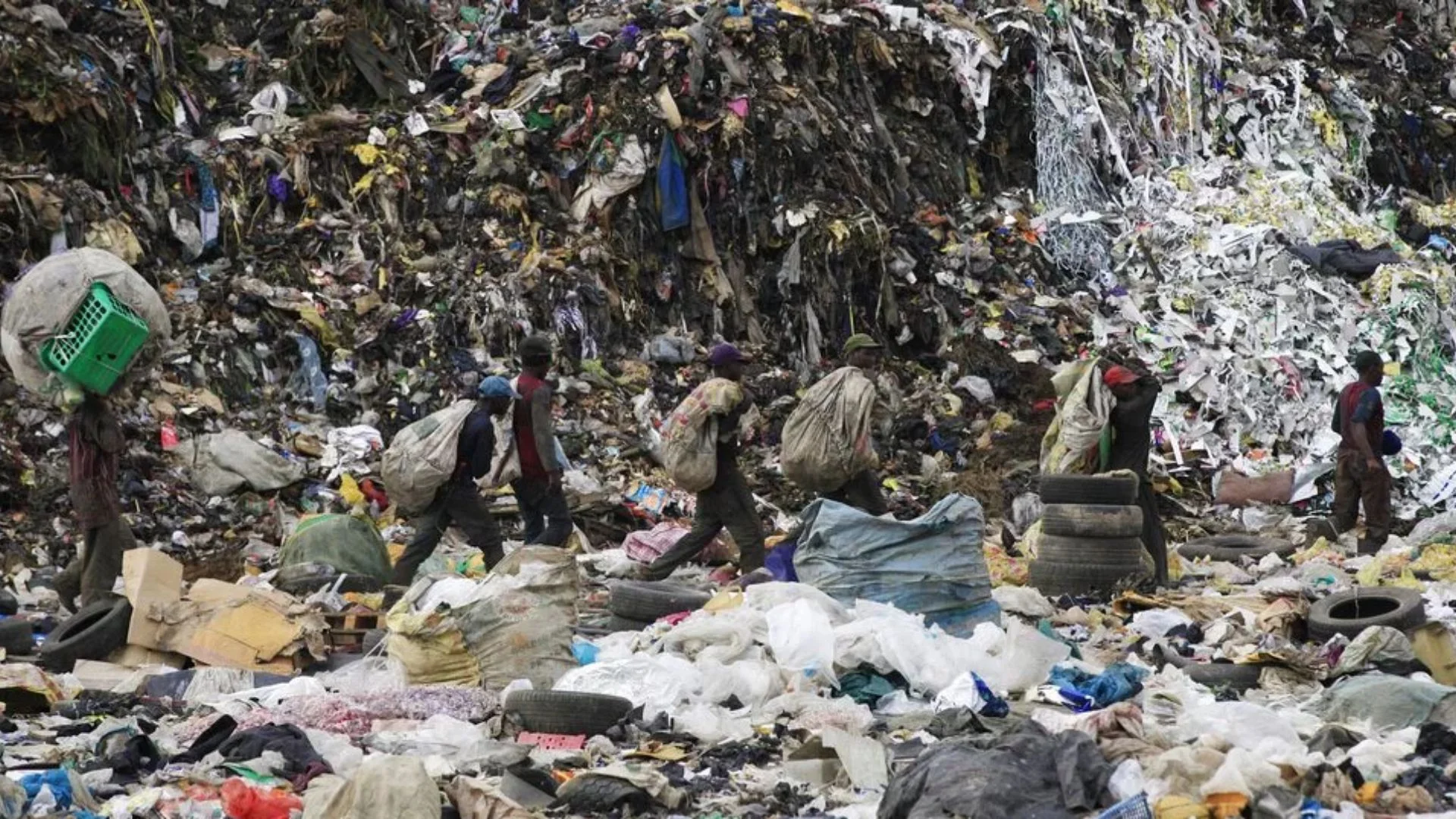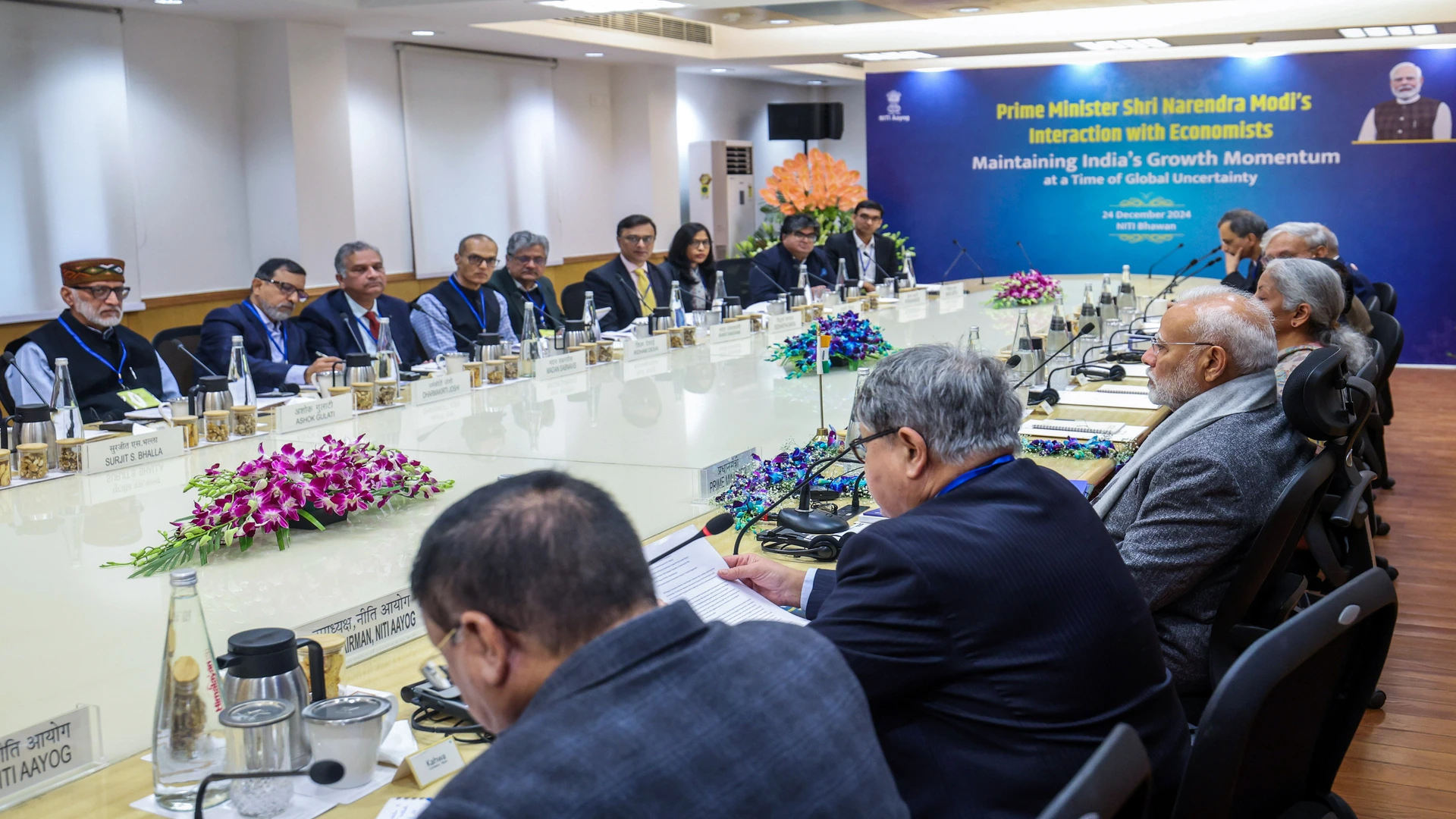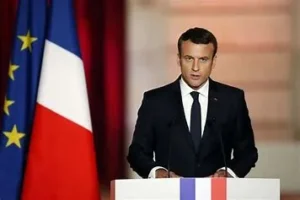After the collapse of the previous administration over budget disputes, French President Emmanuel Macron has unveiled a new government led by Prime Minister Francois Bayrou. The newly formed cabinet seeks to address pressing financial challenges while navigating a politically divided National Assembly.
Why the Previous Government Collapsed
The previous cabinet, led by Michel Barnier, fell after a no-confidence vote in the National Assembly. The budget dispute was central to the collapse, with opposition parties uniting against austerity measures and spending cuts. Marine Le Pen’s National Rally party joined forces with leftist lawmakers to oust the government.
Key Figures in the New Government
Prime Minister Francois Bayrou has assembled a team combining members of the outgoing cabinet and fresh faces from centrist and left-leaning backgrounds.
- Finance Minister: Banker Eric Lombard will oversee fiscal policies, a critical role as France aims to reduce its deficit, which currently stands at 6% of GDP. Lombard previously served as an adviser to a socialist finance minister in the 1990s.
- Interior Minister: Bruno Retailleau retains his position, continuing to handle security and migration issues.
- Defence Minister: Sebastien Lecornu, known for his role in supporting Ukraine, remains in office.
- Foreign Minister: Jean-Noel Barrot continues his diplomatic efforts, particularly in the Middle East.
New Appointments
The government also includes notable new entries:
- Manuel Valls: Former prime minister, now minister for overseas affairs.
- Elisabeth Borne: Former prime minister, now minister of education.
Challenges for the New Government
Prime Minister Bayrou faces an uphill battle to create a 2025 budget that satisfies both moderate and extreme lawmakers. Key challenges include:
- Reducing Debt: France’s colossal debt has drawn scrutiny from financial markets and European Union partners.
- Gaining Political Support: Bayrou has been criticized for consulting with far-right leader Marine Le Pen and faces resistance from lawmakers who claim the new cabinet resembles the old one too closely.
- Tax and Spending Policies: Bayrou supports tax hikes proposed by his predecessor, but balancing austerity measures with political demands will require careful negotiation.
Broader Implications
President Macron remains in office until 2027 but struggles with a fractured National Assembly that lacks a clear majority. The government’s success will depend on bipartisan support to avoid further political deadlock.

